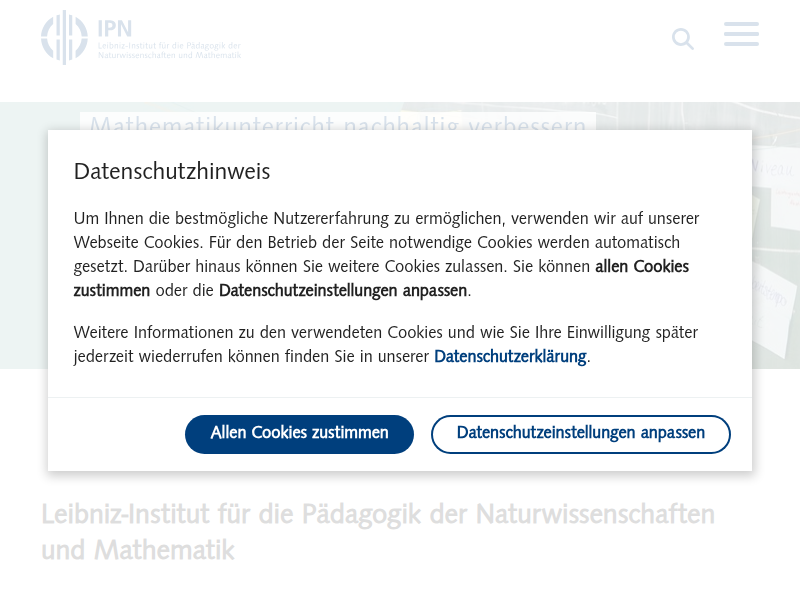Holland’s RIASEC theory posits that career choices are guided by the desire to establish congruence between individual interests and environmental activity opportunities. Furthermore, the theory states that most individuals exhibit interests that are consistent with the circular ordering of RIASEC domains, thereby rendering specific interest constellations unlikely. Therefore, as activity opportunities provided by many environments are inconsistent with the circular RIASEC order, the question emerges as to which individuals they attract. In this article, we examine the plausibility of three different scenarios that assert inconsistent environments (A) attract individuals with similarly inconsistent interests; (B) attract individuals with consistent, but only partially congruent interests; and (C) attract individuals with overall strong interests. Data collected within three university majors (N = 553)—two consistent (emphasizing either R or S) and one inconsistent (emphasizing both R and S)—support Scenario B, suggesting that inconsistent environments are linked to lower congruence and greater interest diversity.
Erschienen in Journal of Career Development, 52(4) Seiten 427–448 Herausgeber (Verlag) SAGE

